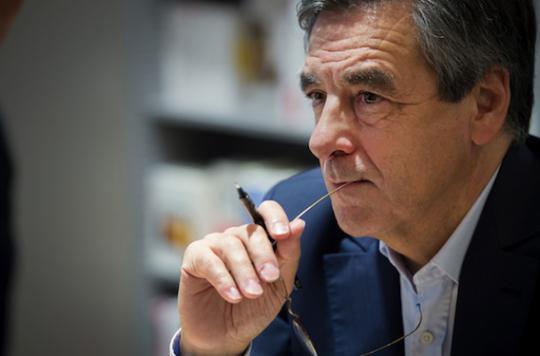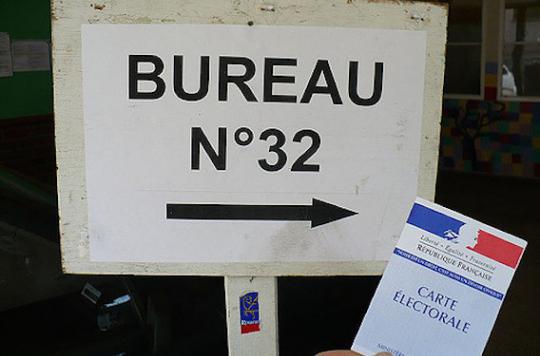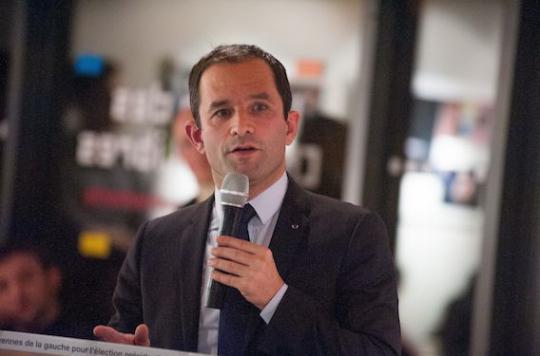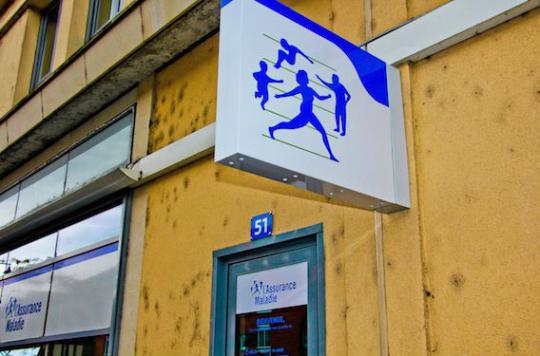INTERVIEW – François Fillon won the primary from the right and from the center. He answers five questions from Pourquoidocteur

The primary of the right and the center for the presidential election of 2017 ended this Sunday with the victory of François Fillon. The former Prime Minister has largely won by winning 66.5% of the votes against the mayor of Bordeaux, Alain Juppé. Recently contacted by Why actor (1), the man from Sarthe gave us his health program for France. PMA, support for therapeutic innovation, medical deserts … so many questions to which the candidate chosen from the right in the presidential election has answered.
The community will no longer be able to cover the cost of innovative drugs. Should we devote a specific budget to the support of these therapies, and how to finance it?
Francois Fillon : Pharmaceutical laboratories are developing drugs of unprecedented action that constitute a real breakthrough in therapy, based on academic research. We should be happy about it. The corollary of “innovating” in the field is today “expensive” and the question of the long-term sustainability for our health system of the induced expenses is effectively raised. Whether the budget is specific, sanctuary or not, it will weigh in the same way on all expenses.
What matters is to define the right price with the manufacturers. Several elements could be taken into account: part of the savings in expenditure, the number of years of life gained by taking into account the quality of life of the patient treated and the part of the laboratory’s turnover transferred to his R&D. Let us not forget, moreover, that support for French research and innovation is essential in order to maintain our health sovereignty.
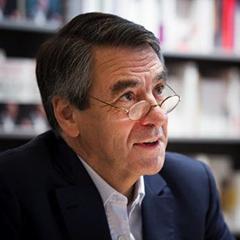 |
Medication
|
The complementary health insurance is committed to an insurance model à la carte. Should we financially encourage policyholders who have a healthy lifestyle (diet, physical activity, etc.) and / or penalize those who take risks (alcohol, tobacco, etc.)?
Francois Fillon : Our health is our most precious asset. Very often, however, we are not aware of its fragility. Health education is in this sense a major stake. It should start at an early age. Should we nevertheless go beyond and empower policyholders to have a healthy lifestyle? Yes, and financial incentives are a lever.
On the other hand, there is no question of penalizing a person who has an addiction whether to tobacco, alcohol or other. The answer is more medical than financial. Let us add, however, that in the fight against smoking, increasing the price of a packet of cigarettes remains the most effective action.
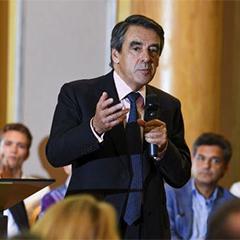 |
Supported
|
The hospital must simultaneously reconcile medical excellence with its social missions. In view of the budgetary constraints, does activity-based pricing (T2A) appear to you to be suited to this dual requirement?
Francois Fillon : Healthcare establishments, whether they belong to the public or private sector, whether the latter is for profit or not, must present medical excellence in terms of quality and safety. This is a requirement of our care system.
Public and private not-for-profit establishments also effectively carry out public health and innovation actions which include, in particular, the care of patients in precarious situations. These actions are financed by MIGAC, Missions in the General Interest and Assistance in Contracting, the amount of which is discussed annually.
Remember, however, that the public hospital is in crisis. Nursing staff are harassed by difficult working conditions partly linked to unfilled positions, 35 hospital hours, the lack of attractiveness of hospital careers and sometimes violent tensions with some patients and their relatives. A national hospital plan is to be implemented.
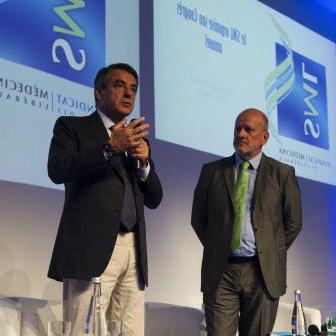 |
Medical deserts
|
One in four general practitioners will not be replaced by 2025. How do you plan to fight against medical deserts?
Francois Fillon : It’s a paradoxical situation. While there have never been so many trained doctors in France, the available medical time has never been so low. The next generation no longer wants to work 60 hours a week and I understand them. Doctors are drowned in paperwork. Administrative costs represent around 15% of a doctor’s day. The generalization of third-party payment will not help matters! Practitioners must be helped to set up a medical secretariat; financial incentives are needed to promote their installation.
Finally, a figure is very surprising: while the university trains 7,500 new doctors per year, nearly 2,000 (25%) do not register with the Council of the Order. Understanding why these young doctors do not practice is essential because they can be a response to our under-endowed territories in particular. This is all the more essential when 85% of those enrolled in the 1st year of medicine will not be accepted in the second year.
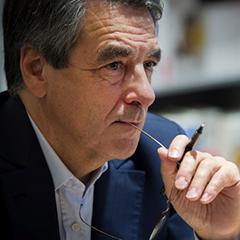 |
Assisted reproduction
|
In a manifesto, French doctors admitted having helped lesbian couples and single women to resort to assisted reproduction abroad. Can we continue to reserve it for heterosexual couples?
Francois Fillon : Some doctors refer their patients to centers for Medically Assisted Procreation (AMP) outside our borders. Couples of women and single women know how to apply directly to ART centers abroad.
I expressed myself in my Families and Solidarity proposals on access to WAP. AMP is a medical response to mixed-sex couples facing medical infertility.
The Republic cannot deliberately give birth to children without a father. The best interests of the child must prevail. On the other hand, it is necessary to know how to welcome children born when they have no responsibility for the origin of their birth and to give them legal stability, stability which does not however require full adoption.
1) Interview conducted on October 4, 2016
Dr François Fillon’s horse remedy
If elected in 2017, François Fillon will require a lot of effort from health professionals. He intends to put an end to the 35 hours for civil servants. And the hospital is concerned according to its health spokesperson Prof. Dominique Stoppa-Lyonnet. The oncogeneticist explained that the latter will have to work 39 hours while being paid 37 hours. The proposal is still unclear.
François Fillon also wants to empower patients by reviewing the respective roles of health insurance and complementary. Concretely, Professor Stoppa-Lyonnet confirms that the idea is to redefine the current basket of care. The first, called solidarity, would be covered by the Health Insurance “for serious illnesses and long-term illnesses”. Beside, an individual care basket, supported by the insured or a complementary organization, would include other benign illnesses, such as colds, flu or the first consultations. “But not everything is written, everything needs to be improved,” Dominique Stoppa-Lyonnet told us. She indicated, for example, that “pediatric illnesses should remain reimbursed by compulsory health insurance”. Behind this reform, there is obviously the idea of increasing the participation of complementary health insurance which, at present, only manages 13.5% of health expenditure.
.








